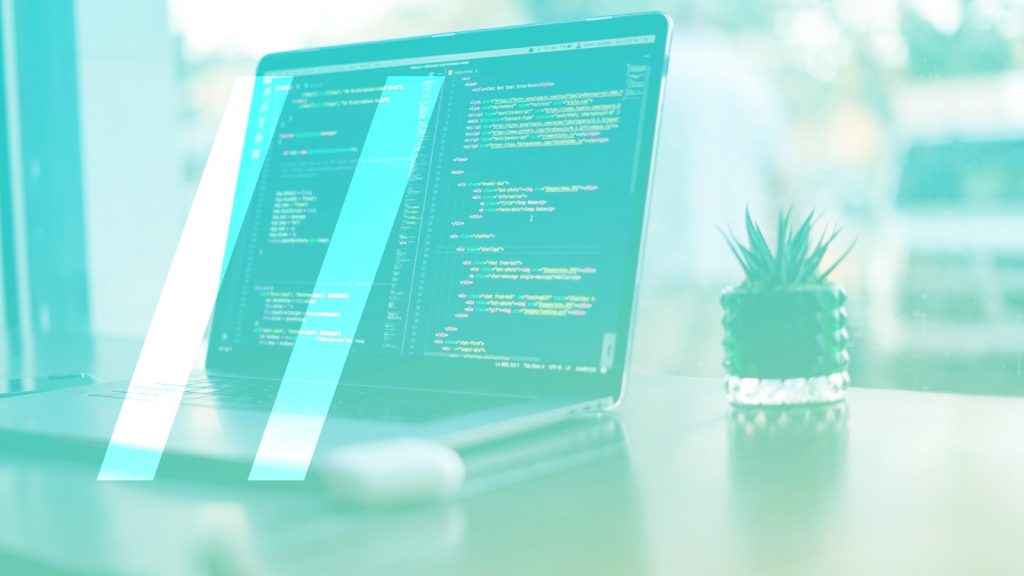A computer forensic analyst is a professional who is in charge of researching, collecting and analysing digital evidence to assist judicial tribunals. They use special tools and techniques to collect critical evidence related to an incident.
But have you ever wondered what are the main components that make a successful computer forensic analyst? This profession is becoming more and more important in the modern world, where the cyber security is a requirement for most companies.
And if you want to train as a computer forensic analyst, at IMMUNE with a Master's Degree in Cybersecurity Online which will allow you to strengthen your skills in this field and to broaden your knowledge that can lead you to specialise in this profile.
If you want to know more about this career, this article is for you! Below, we will discuss up to 6 key competencies of a computer forensic analyst and why they are necessary to succeed in this field.
Understanding of applicable legislation and regulations
One of the key core competencies for a computer forensic analyst is an understanding of the applicable legislation and regulations. This is important to ensure that they are protecting their clients by comply with legal requirements.
Thus, the computer forensic analyst needs to know the laws, regulations and policies related to computer security, as well as have an in-depth understanding of the computer vulnerability. They must also have an understanding of software design, software analysis, computer systems engineering and digital forensics.
Scientific research experience
A good computer forensic analyst should have a solid knowledge base in areas such as software and network engineering, computer forensics, computer science and computer security. software development and information extraction. This knowledge is essential for the computer forensic analyst to be able to conduct scientific investigations into complex cases involving computer technologies.
At the same time, these skills help the computer forensics analyst find patterns and relationships between the data collectedThis enables them to carry out their research. In addition, the scientific research expert needs to be able to draw sound conclusions based on his or her work and to correctly interpret the results obtained.
Understanding methods of analysis and testing
Another key aspect for a computer forensic analyst is knowledge of analysis and testing methods. A digital forensic analyst should be able to identify, implement and document different investigation procedures to gather scientific evidence.
What is this good for the expert? Basically, it allows him/her to develop an appropriate methodology to retrieve data efficiently and without compromising the integrity of the evidence. This helps to ensure that the results obtained are valid and reliable.
In-depth understanding of the operating system, hardware architecture and the inner workings of the computer
Another fundamental part of a computer forensic analyst's job is to have a thorough understanding of operating systems, hardware architecture and the inner workings of computer hardware.
This means that they must have knowledge en:
- Assembly and binary language.
- Microprocessor architecture.
- Software authoring.
- RAM and ROM memory.
- Storage devices.
- Operating systems (Windows, Linux/Unix).
- Network configuration and associated infrastructure.
These competencies are key to analysts' ability to interpret digital evidence and uncover hidden patterns and attack vectors. Only in this way will they have the opportunity to uncover critical evidence and report to the courts or other related bodies.
Responsibility for the protection of sensitive data
Computer forensics is a critical job that requires analysts to be aware of the responsibility they have in handling sensitive data. This means understanding and respecting all the legal and morally correct aspects involved in handling any sensitive information.
For this reason, it is essential that forensic analysts learn how to protect sensitive data from being leaked or misused. To achieve this, they need to know the appropriate protocols to ensure that important digital assets are protected and the privacy of the individuals involved is maintained.
Commitment to compliance with international standards
Computer forensic analysts must be committed to complying with international standards. This means that they have a responsibility to follow the guidelines and procedures necessary to ensure that the findings are reliable, legal y relevant.
These standards are essential to protect the integrity of computer forensics:
- The computer forensic analyst must take steps to ensure that the results are accurate and relevant to the case.
- They must maintain a high level of professionalism in complying with applicable laws and regulations.
- They should be fully transparent in their processes and results, which is also important to promote trust among the staff involved.
Complying with these standards not only strengthens the credibility of the computer forensic analyst, but also helps to restore confidence in the IT industry.
Expand your knowledge and skills in cybersecurity with IMMUNE
In any case, the figure of the computer forensic analyst is an important and necessary part of the protection of computer systems against theft. digital crime. Through their skills, knowledge and experience, they help to ensure the security of stored data and prevent system invasion.
If you want to become one of these professionals, take a look at the different academic programmes in cybersecurity that we offer to our students at IMMUNE Technology Institute. Through our Master's Degree in Cybersecurity Online or the Bootcamp at CIbersecurity you will be able to purchase the skills necessary to become a computer forensics expert.
If you are looking for technology training fill in the form for more information.
